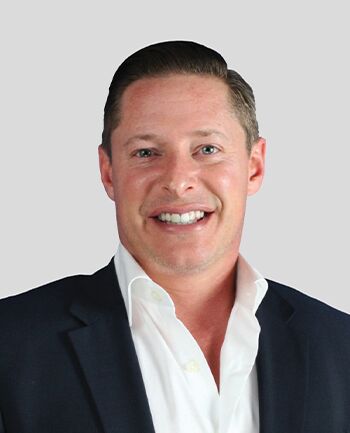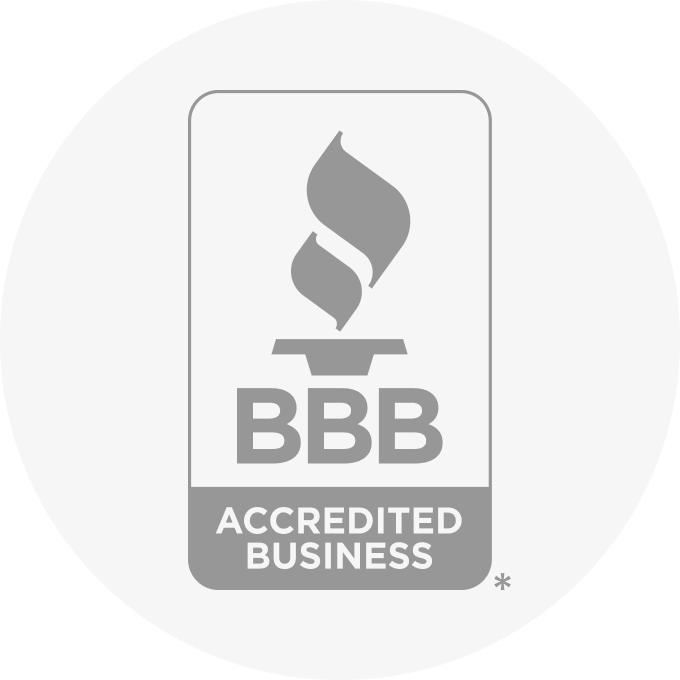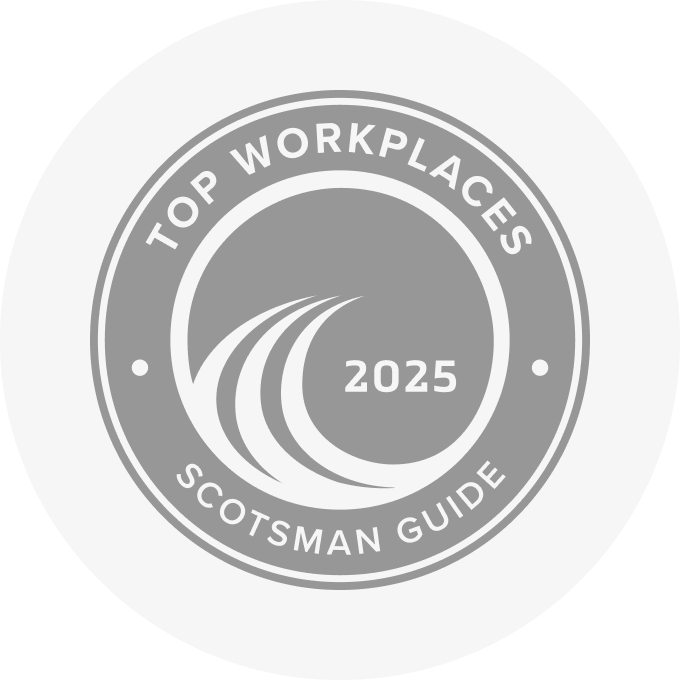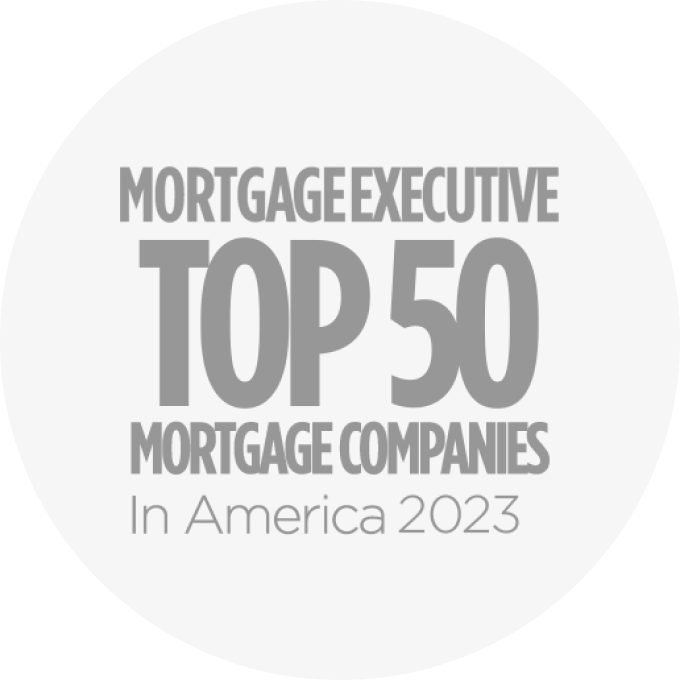
-
- saturday: 5:00AM – 2:00PM
- sunday: 5:00AM – 2:00PM
Your Local CrossCountry Mortgage Reverse Loan Officer
Jeff Cota, CRMP
I’ll be with you every step of the way
Hi, my name is Jeff, and I’m excited to help you open the doors to your dream home! As a dedicated mortgage professional at our San Diego, CA branch, I combine my passion for helping others with the strength of America’s #1 Retail Mortgage Lender to create a seamless home financing experience for you.
I’m a Certified Reverse Mortgage Professional (CRMP) with over 20 years of home financing experience. As one of only 200 or so CRMPs credentialed by the National Reverse Mortgage Lenders Association, I’ve spent my career educating and partnering with industry professionals to improve the financial well-being of senior homeowners in retirement. By incorporating housing wealth into your retirement planning strategy, my team and I can set your finances up for long-term success – and perhaps fulfill some lifelong dreams!





Guides and resources
How much will my mortgage payment be?
This calculator is being provided for educational purposes only. The results are estimates based on information you provided and may not reflect CrossCountry Mortgage, LLC product terms. The information cannot be used by CrossCountry Mortgage, LLC to determine a customer’s eligibility for a specific product or service.
Jeff’s testimonials
Inspiration for your home loan journey
My social posts
Frequently asked questions
-
Refinancing costs typically range from 2% to 6% of the loan amount and include fees such as appraisal, title insurance, and closing costs. Factors like your loan type, location, and credit score can significantly impact these expenses. Our team can help to provide strategies that can help minimize costs.
-
To determine how much home you can afford, you’ll want to assess your financial situation. This includes your income, expenses, and debt-to-income ratio, to ensure your mortgage fits comfortably within your budget. A general guideline is to spend no more than 28% of your gross monthly income on housing costs and 36% on total debt.
-
A good credit score typically starts at 620 for conventional loans, while FHA and VA loans may accept scores as low as 500, though higher scores offer better terms. A strong credit score can help you secure lower interest rates, saving you significant money over the life of a home loan.
-
A Home Equity Line of Credit (HELOC) is a revolving line of credit that allows homeowners to borrow against the equity in their home. HELOCs function like a credit card, giving access to funds up to a set limit, which can be used for expenses like renovations or debt consolidation. You only pay interest on the amount you borrow, and the repayment terms typically include a draw period followed by a repayment period.
-
To calculate your mortgage payments, start with your loan amount, interest rate, and loan term. Your payment will depend on the interest charged over time and the repayment schedule. You can use a monthly mortgage payment calculator or connect with us to learn more.
-
Reverse mortgages allow homeowners age 62+ (55+ for some proprietary reverse mortgages) to borrow against their primary residence equity, and receive the funds as a lump sum, fixed monthly payment, or line of credit. The loan doesn’t have to be repaid until the borrower sells, moves out, or passes away. (Equity is the difference between what you owe on your home [mortgage] and your home’s worth.)
-
With a traditional mortgage, you borrow money to buy or refinance a home and make monthly principal and interest payments to the lender. With a reverse mortgage, you borrow money based on your home equity (and other factors) and receive the funds directly, but monthly mortgage payments are optional. You must pay property taxes, homeowners insurance, HOA dues (if applicable) and home maintenance.
-
There are pros and cons to reverse mortgages, so it’s best to meet with an experienced reverse mortgage loan originator to understand if it’s the right choice for you. It’s important to know that there’s a lot of misinformation about these loans, so listening to a knowledgeable source is a good first step.
-
HECM stands for Home Equity Conversion Mortgage. It’s a Federal Housing Administration (FHA) insured reverse mortgage for borrowers age 62 and over. By far the most popular type of reverse mortgage, you can use it to borrow funds and stay in your current home or buy a new home if you want to relocate or rightsize. It’s for your primary residence only.
-
The most common reverse mortgage is the Home Equity Conversion Mortgage (HECM), followed by the proprietary reverse mortgage (often a jumbo loan) and the single-purpose reverse mortgage (funded by a nonprofit, state or local government).
-
You don’t need to repay the loan until you no longer occupy your home as your primary residence. The loan is most often repaid through the sale of the property, but it can also be paid through a refinance. Any remaining equity after paying off the reverse mortgage belongs to the borrower or their heirs.












